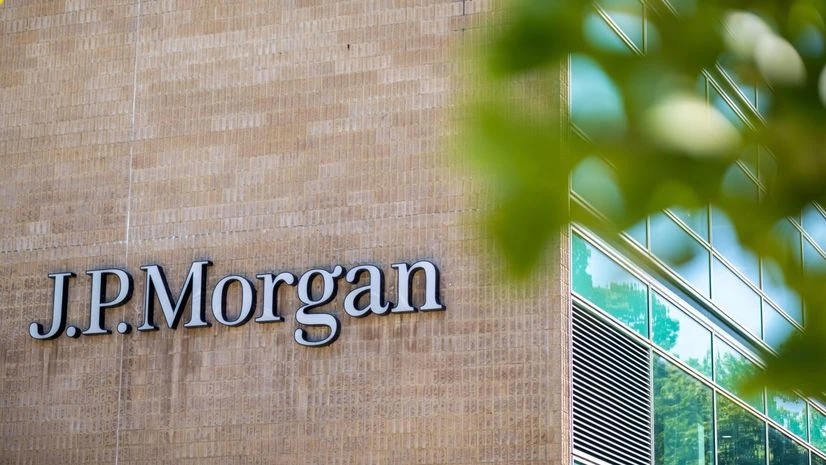Indian government bonds or government securities (G-secs) would be included in JP Morgan-Emerging Market Bond Index beginning Friday, a move that will bring down borrowing cost for the government.
The inclusion of IGBs will be staggered over a 10-month period from June 28, 2024 to March 31, 2025, indicating one per cent increment on its index weight.
India's weight is expected to reach the maximum threshold of 10 per cent in the GBI-EM Global Diversified, and approximately 8.7 per cent in the GBI-EM Global Index.
This would help attract higher foreign flows, as many overseas funds are mandated to track global indices.
It will also help bring in large passive investments from overseas, as a result of which more domestic capital would be available for industry, as crowding out would be reduced.
Also Read
In her Budget speech for 2020-21, Finance Minister Nirmala Sitharaman had said, Certain specified categories of government securities would be opened fully for non-resident investors, apart from being available to domestic investors as well.
The specified securities, which will be listed on the indices, will not have a lock-in requirement.
According to Vishal Goenka, co-founder of IndiaBonds.com, inclusion of Indian Government Bonds (IGBs) in JP Morgan Index is a watershed moment for the fixed-income markets in India.
"This compulsorily puts Indian bond markets on the radar of global bond investors and although initial investments are supposed to be to the tune of USD 25-30 billion, index inclusion paves the way for this number to keep growing in the next few years," he said.
It is important to grow the investor base for any market, and index inclusion helps in expanding the number of players, which further benefits everyone in the form of additional market liquidity, he said.
Global investors have been looking to allocate capital to emerging markets given their reluctance to invest in other large countries like Russia or China in the past couple of years, he said, adding, hence, the timing of this index inclusion is also almost perfect.
(Only the headline and picture of this report may have been reworked by the Business Standard staff; the rest of the content is auto-generated from a syndicated feed.)

)